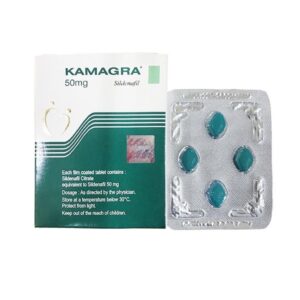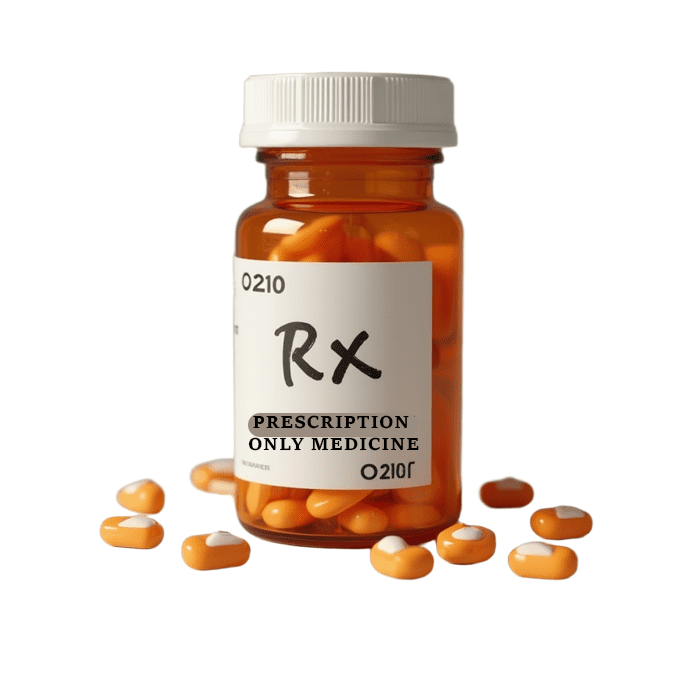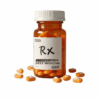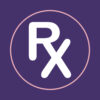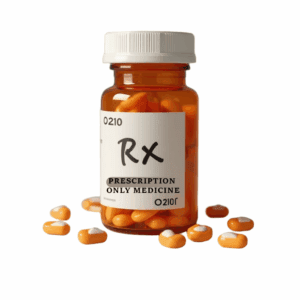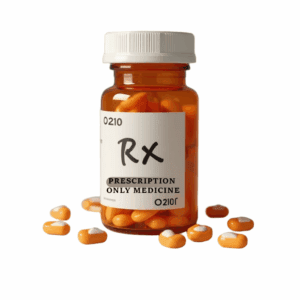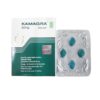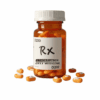Empiget 25mg Tablets 14's – Advanced Blood Sugar Control and Cardiovascular Protection with Empagliflozin for Type 2 Diabetes
Empiget 25mg Tablets (14’s) contain empagliflozin, a potent sodium-glucose co-transporter-2 (SGLT2) inhibitor that is used for managing type 2 diabetes mellitus. By blocking the reabsorption of glucose from the kidneys, Empagliflozin helps reduce blood sugar levels, promote weight loss, and lower blood pressure. This medication is beneficial for individuals with type 2 diabetes who may also have other comorbidities, particularly those with heart disease, as Empagliflozin has been shown to offer cardiovascular protection. Empiget 25mg is usually prescribed for patients who need stronger blood sugar control or those who have not achieved adequate results with lower doses. This tablet is typically taken once daily, providing a simple and effective way to manage diabetes while improving overall health.
How to Use Empiget 25mg Tablets 14's
Take one Empiget 25mg tablet once daily, preferably in the morning, with or without food. Swallow the tablet whole with a glass of water. Always follow your healthcare provider’s instructions and do not exceed the recommended dosage. Routine monitoring of blood sugar and kidney function is recommended while on this medication.
Precautions
- Empiget should be used with caution if you have any history of kidney disease. It is not suitable for patients with severe renal impairment or those on dialysis.
- Always inform your doctor if you are pregnant, planning to become pregnant, or breastfeeding, as the safety of Empagliflozin during pregnancy and breastfeeding has not been established.
- The medication may increase the risk of urinary tract and genital infections; ensure proper hygiene and consult your doctor if you experience any symptoms.
- Keep hydrated and avoid excessive alcohol consumption, as dehydration and low blood pressure can occur.
- Empiget may not be suitable for individuals with certain other health conditions, so discuss your medical history with your healthcare provider.
Possible Side Effects
- Common side effects include increased urination, genital infections, and urinary tract infections.
- Serious side effects include dehydration, ketoacidosis, hypotension (low blood pressure), and kidney issues. If you experience symptoms like dizziness, extreme thirst, confusion, or nausea, contact your doctor immediately.

